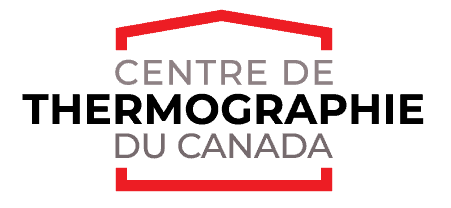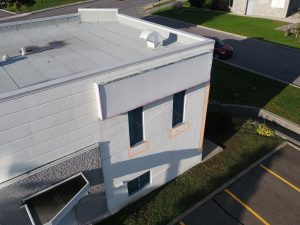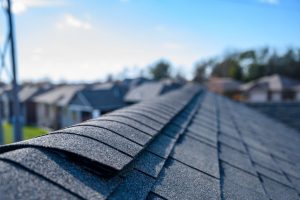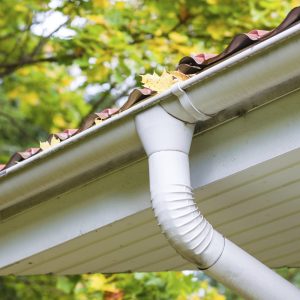Introduction: In the last article, we introduced you to the thermographer’s profession, what thermography is and the levels of certification. Now it’s time to give you the tools you need to choose the right thermographer to perform the building inspections you need.
In order to choose a thermographer for your thermal inspection, we have prepared a series of 10 questions to help you make your choice:
Question # 1: Ask your thermographer for his or her level of thermography certification as well as his or her thermographer card (proof of certification).
Answer # 1: A certified thermographer (regardless of certification level) will gladly give you this information over the phone or in person along with the proof of certification.
Question # 2: Ask your certified thermographer the number of inspections performed in the specific field you are looking for (heat loss, roofing, facade inspection, ice dam etc…)
Answer # 2: even for a level 1 residential thermographer, a minimum of 10 residential inspections of the same type should be required and supervised by an experienced level 2 or 3 thermographer,
Question # 3: Ask your thermographer for a client reference and proof of E/O insurance
Answer # 3: A certified professional thermographer should be able to provide you with proof of insurance and at least three references from satisfied clients without hesitation. E/O insurance is very expensive but protects the client and the thermographer.
Question # 4: Ask your thermographer for a copy of a thermography report in his or her specific field of building inspection.
Answer # 4: A certified professional thermographer should not hesitate to show you a sample of a thermal roof inspection report for example. Taking thermal images is easy, but writing a proper thermographic report according to the appropriate thermography protocols for the inspection sought is the final proof.
Question # 5: Ask your certified thermographer what model of camera will be used to do the thermal inspection.
Answer # 5: A certified professional thermographer should not hesitate to provide you with this information and tell you why they chose that particular thermal imaging camera to do their specific job. A professional camera has a minimum pixel size of 320×240 and a sensitivity of 1/10 of a degree Celsius.
Question # 6: Ask your certified thermographer the time of day the thermal inspection will be performed?
Answer # 6: For a thermal roof inspection in the spring or summer, it is not done during the day (a visual roof inspection YES). A thermal roof inspection is done in the evening, two hours after sunset according to the protocols.
Question # 7: Ask your certified thermographer to send you his operating protocol for the specific inspection required.
Answer # 7: The certified professional thermographer should not hesitate to send you the inspection protocol he will use to perform his thermal inspection.
Question # 8: Ask your certified thermographer the price of his thermal inspection?
Answer # 8: The certified professional thermographer will charge a minimum of $600.00 for a residential thermal inspection. This price may vary depending on whether the inspection is done by hand or by drone. In the case of a drone thermal inspection (ex: for a roof), the price will be higher.
Question # 9: Ask your certified thermographer if an inspection report with an analysis is provided with the inspection service
Answer # 9: An inspection report is provided after any building inspection. Some uncertified thermographers or impostors provide reports containing no inspection protocols and only thermal photos with inadequate color analysis.
Question # 10: Ask your thermographer if he is self-employed or a thermographer who works for a company involved in building inspection (engineering firms, insurance companies, architectural firms etc…)
Answer # 10: Some thermographers working for companies involved in building inspection are sometimes encouraged to promote the interests of the company by producing erroneous or misleading thermal inspection reports in order to convince the targeted client to pay other fees for services offered by the same company or a company that could benefit from the inadequate report (examples: renovation, repair, replacement of materials, etc.). Unfortunately, corruption in the field of building inspection to obtain a contract is a reality.
